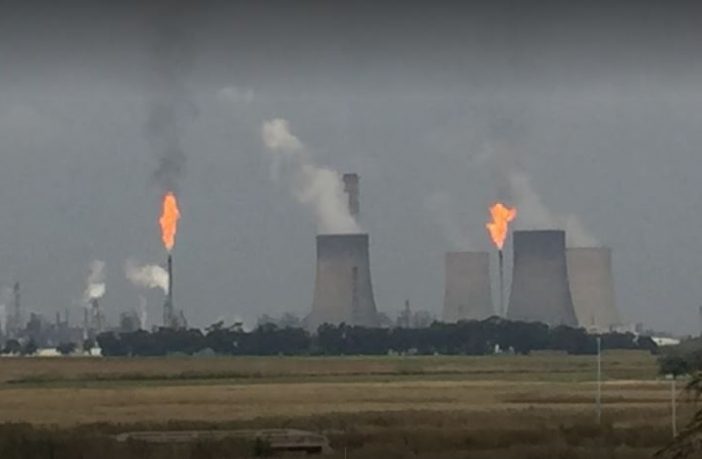- Last week Just Share published a brief based on its assessment of Sasol’s 2023 climate change disclosure which they claim that Sasol has agknowlegded that they may not meet their 2030 climate change goals. Read more
Sasol responds:
In recent months, Sasol has had several engagements across a broad range of stakeholders, including Just Share, and several sustainability disclosures related to climate change that affirmed our position. In all engagements and correspondence, Sasol has maintained our commitment to our 30% greenhouse gas (GHG) reduction target and decarbonisation levers, while advancing progress against this commitment with tangible initiatives.
To date, Sasol has exceeded its 2026 renewable energy commitment, signing >600MW of renewable energy power purchase agreements (PPAs). These commitments are linked to our executive remuneration incentives. In addition, we have progressed energy and process efficiency improvements on our South African sites and have reduced total Sasol group GHG emissions by approximately 5% to date, off a 2017 baseline.
Sasol also committed to short term targets, which are clearly outlined in all our Climate Change reports. These include a 5% reduction of greenhouse gases (GHG’s) by 2026 for the Energy Business in SA. In FY23, the Energy business achieved approximately a 4% reduction relative to 2017 (contributing towards the total Sasol group reduction).
Sasol, as a responsible corporate citizen committed to transparent disclosures based on the TCFD (Task Force for Climate-Related Financial Disclosures) is required to disclose potential risks and opportunities related to our energy transition. In this regard, we have disclosed the key risks, outside of our locus of control, that may impact our transition journey, including a stable and reliability electricity grid, renewable energy grid allocation by the South African Government, delays in regulatory approvals for renewable projects, macro-economic and pricing of LNG, amongst others.
It is misdirected to view disclosure of these risk factors as Sasol conceding to not meeting targets. It is consequently also misleading to report it as such. We remain committed to our reduction targets and are progressing all reasonable available avenues to unlock related barriers in this regard.
Lastly, we reiterate that Sasol has not changed its emission reduction target, associated levers or strategy. In 2023, we have provided clarity on the affordability of LNG to supplement production while we decarbonise. Notwithstanding, LNG is not required to meet the 2030 targets. Key levers remain renewable energy integration, coal reduction through boiler turndown and energy/process efficiency improvements.
Author: Sasol















